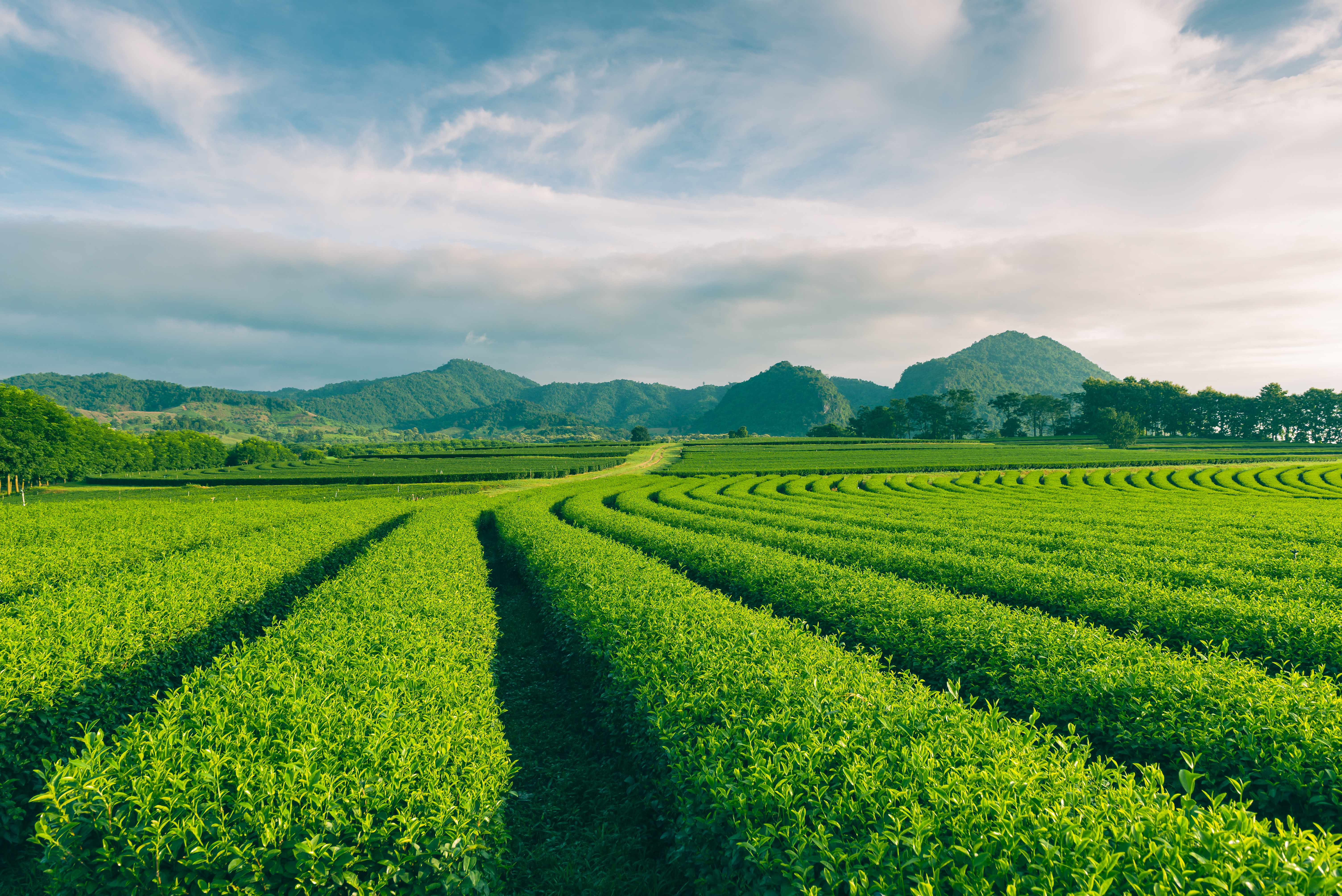The outlook for agricultural recruitment in Cambodia
Cambodia’s agricultural sector is hugely important to the country’s economy as it contributes around 26% of GDP, whilst employing over 40% of the labour force. However, agriculture in Cambodia faces a number of ongoing challenges, ranging from the impact of climate change, through to the fragile nature of many of the population’s financial circumstances. As such, the skills and expertise of talented individuals is driving a demand for agricultural recruitment in Cambodia in order to ensure the country’s agricultural sector has the resilience it needs to meet its full potential.
Agriculture in Cambodia
The geographical location of Cambodia helps to explain the importance of agriculture to the country. Cambodia is bordered by the Gulf of Thailand with its closest neighbours being Thailand, Vietnam and Laos. The majority of the population is concentrated in central areas with plentiful freshwater and surrounded by lowland hills. In addition, thanks to a year-round constant high temperature and plentiful rainfall, Cambodia offers an extremely favourable location for the cultivation of rice and other crops including cassava, rubber, mangoes and maize.
However, Cambodia has to cope with tropical monsoons and because its rural coastal communities are often affected by storms, floods and mudslides, the country is increasingly vulnerable to some of the worst effects of climate change. Cambodia’s farmland has poorer soil in comparison to the fertile lowlands of neighbouring countries, but the majority of agricultural land is fed by water. Although poor soil quality helps to prevent land from becoming saturated during the rainy season, insufficient rainfall prevents a potentially lucrative double rice crop. As a result, increased intensification will only be possible when access to water is stabilised and this is most likely to happen in lowland areas where its possible to introduce canal or on-farm irrigation.
Furthermore, the adoption of innovative approaches to crop production is hampered by a number of additional challenges. Many farmers don’t have access to affordable products such as legal fertilisers or appropriate varieties of rice seed, whilst they are often faced with low market prices and insufficient access to machinery during the main cropping season. To compound their problems further, Cambodia’s farmers are unlikely to have the skills and training they need as a result of the country’s poorly funded education system and infrastructure.
Despite the problems which stand in the way of Cambodia’s agricultural sector reaching its full potential, a number of trends are increasing including mechanisation, crop diversification, improved irrigation, commercialisation and the development of processing industries. To maximise the benefits these developments could bring, agricultural recruitment companies in Cambodia such as Peak Recruit are likely to see an increase in demand for talented individuals with expertise in crop and agri tech, agricultural commodities, plant nutrition and agronomy to name but a few.
Crop production
Rice is Cambodia’s main crop, with current annual production exceeding 10 million tonnes. Cambodia exports over 100,000 tons of rice each year, with exported varieties chosen for their superb quality. Increasing rice exports is being seen as a priority by the Cambodian government, as demonstrated by the numerous agreements the country has made over recent years with peer countries.
Rice production in Cambodia is split between paddy grown rice and dry season crops which offer a higher yield but require agri tech irrigation input. At present, around 80% of Cambodia’s rice crop is grown in paddy fields.
An area of rice production which offers potential for growth in Cambodia is rice milling. The country currently lacks sufficient capacity to process the produce it produces, which means that most of the country’s crop production is exported to Cambodia’s neighbours before being re-exported. This is an untapped market which results in major losses of value, requiring an urgent increase in investment and recruitment in agriculture in Cambodia.
Other crops in Cambodia
Cambodia produces a range of products in addition to rice, many of which you’d expect to find in a country with a tropical climate. The most popular current export products including exotic fruits, cassava and rubber. Thanks to its favourable natural advantages, the country has huge potential to produce a number of high quality products. A further advantage lies in Cambodia’s avoidance of excessive chemical use, a factor which should help to offer an increasing share of international markets.
Agriculture in Cambodia – challenges and opportunities
At present Cambodia’s agricultural sector faces a number of challenges ranging from low-cost imported crops and competition from neighbouring countries, through to a lack of infrastructure andprocessing facilities. Agricultural production in the country has also been adversely effected by extreme weather conditions arising from climate change.
However, challenges such as these also present Cambodia’s agricultural sector with a range of opportunities. For example, the problems experienced in agricultural production resulting from climate change could provide a springboard for the country to utilise some of the innovative crop and agri tech solutions available for farm management. Furthermore, exporting opportunities could be exploited through more efficient use of plant nutrition and fertilisers to increase production, whilst imports of fruit and vegetables could be reduced through the use of hydroponic production.
Cambodia’s agricultural sector currently presents something of a mixed picture. As such, the recruitment of individuals with the skills and expertise to overcome the challenges faced by the country’s agricultural production industry is certain to play an important role in meeting the ever-changing demands of farming.
At Peak Recruit we understand the complexities of the highly niche Crop Agribusiness segment. Farming and crops are often subjected to unparalleled pressure from unpredictable weather and pests, pressure which often translates into unpredictable personnel requirements. As highly experienced agricultural recruitment consultants in Cambodia, we can help you find the best candidates or your dream role. Why not get in touch to find out more about our agricultural recruitment services in Cambodia?

